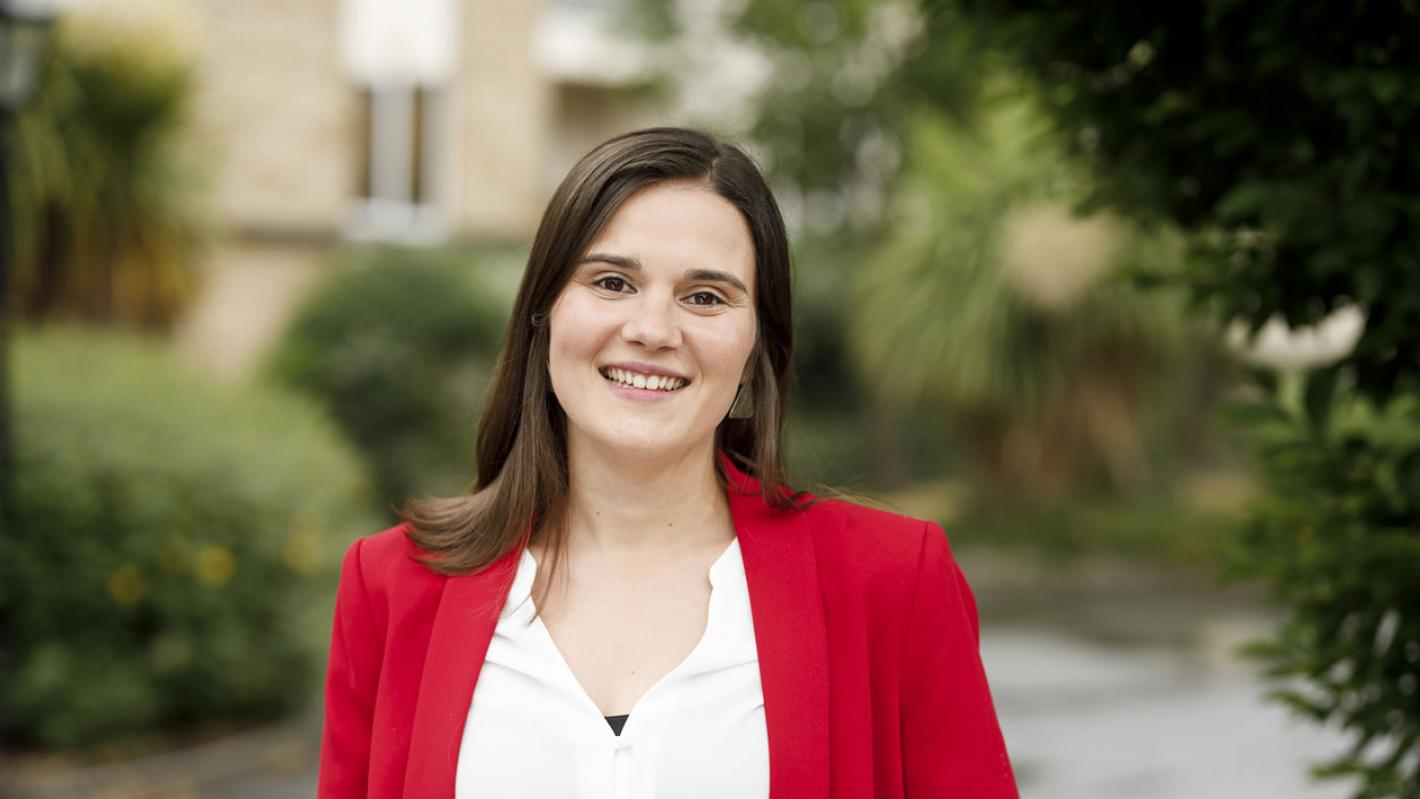
ROD Bridge Design Engineer, Inês Roque Domingues.
Bridge Design Engineer, Inês Roque Domingues, says female engineers are too scarce in academia and are under-represented at high levels in the private sector
When I was young, I wanted to become a doctor, not a structural engineer. I spent a year studying pharmaceutical sciences before I realised something was missing: maths and physics. Engineering was clearly the right career path for me so I changed course.
I studied civil engineering at Instituto Superior Técnico in Lisbon, before completing a double master’s degree in structural engineering with Lisbon University and Politecnico di Milano in Italy. I spent two years in Milan and my final year in Lisbon.
I was drawn to structural engineering because it is a constantly evolving field, with new materials, tools and technical knowledge being used to push contemporary structures to new limits.
I also liked the idea that a project can have infinite solutions, but in choosing the best solution one must consider not only safety but also cost, durability, sustainability, etc.
After graduating, I spent a year working with the engineering consulting firm, Trimétrica Engineering, in Lisbon, where I was encouraged to embrace a wide range of structures, materials and construction techniques.
I joined ROD as a design engineer in January 2019. I am currently working with the bridges team on the Great Yarmouth Third River Crossing in Norfolk and the cable-stayed bridge swing bridge over the River Clyde in Glasgow.
As an engineer, I like to be kept on my toes, but I never expected to be involved in such unique projects at this early stage in my career. ROD has really fired my ambitions for the future!
A recent European Commission study confirmed that Portugal is one of five EU member states in which the majority of scientists and engineers are women: Lithuania (57%), Bulgaria and Latvia (both 53%), Portugal (51%) and Denmark (just over 50%).
While the number of women in engineering has increased in recent years, gender equality in engineering is still a goal, not a reality. There are gendered fields of engineering and female engineers are under-represented in academia and in senior roles in companies. I am curious to see how this will evolve in the future.
My mother and father are both engineers so I have never thought of engineering as a 'male' job. To address the gender imbalance in engineering and technology careers, I think we need more visible role models – more successful young women – and we need to do a far better job of explaining the wide range of career possibilities open to engineers.
Find a job that you like after you graduate. If you are not sure which area of engineering you want to specialise in, join a graduate program or try different positions in different types of companies.
A good support system is also important: the right colleagues, the right mentors and, ultimately, the right company for you.
